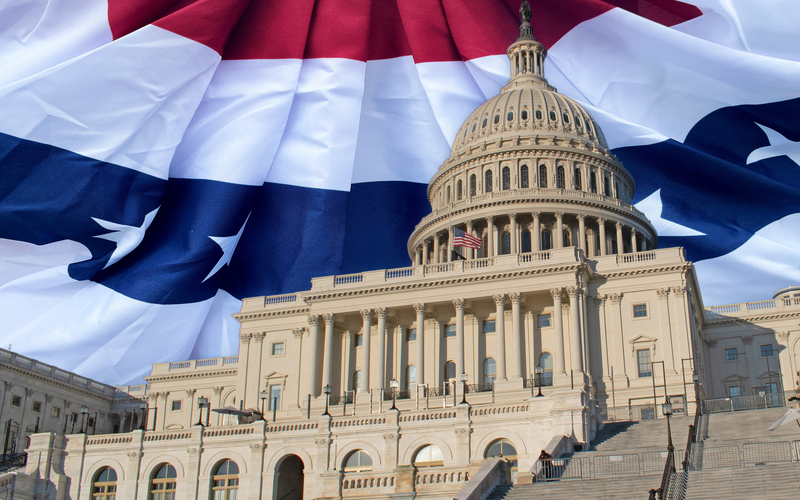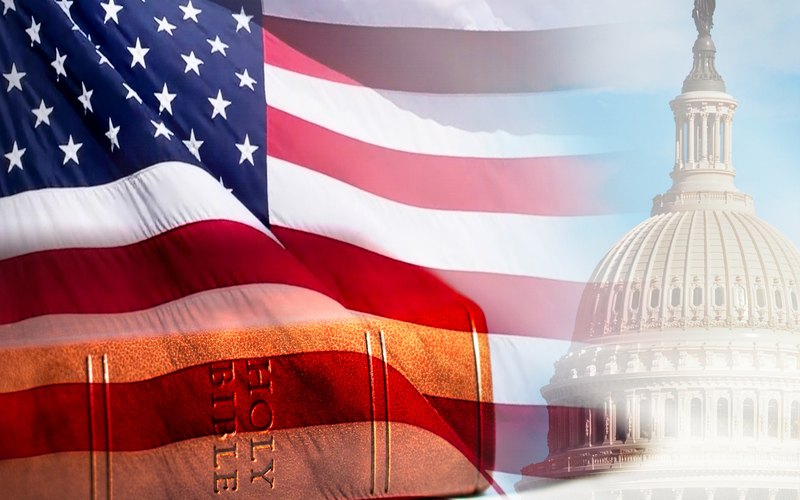Preserving Homeschooling Freedom
Sign up for a six month free
trial of The Stand Magazine!
According to the results of a Fox News poll released in late 2022, a majority of parents expressed their concern about the current state of public education, with 64% saying that “a lack of parental input in school curriculum” is a problem.
These findings were part of a more comprehensive poll, which measured “the degree of concern about ‘what’s taught in public schools.’”
“Among the American public as a whole, 41% of respondents described themselves as extremely concerned, followed by 31% who were very concerned, 20% who found themselves not very concerned, and 7% who were not at all concerned,” as reported by the Christian Post.
In addition, increasingly politicized school curricula are pushing agendas that conflict with families’ moral or religious values.
In response, parents are reasserting their authority over their children’s education by exploring alternative options such as homeschooling to provide a well-rounded education firmly rooted in a family’s faith.
The Stand spoke with Steve Crampton, a veteran homeschool dad and assistant to the general counsel at American Family Association, about the status of state and federal regulations concerning homeschooling.
“Generally, the United States is friendly to homeschooling,” explained Steve Crampton. “Our founding documents limit government power over citizens’ lives. And court rulings have upheld parental authority regarding their children’s education.”
For instance, the 1925 Supreme Court case Pierce v. Society of Sisters legally protected parents’ rights to choose alternatives to public schools.
Know the law
“We have a long tradition, grounded in our Judeo-Christian roots, that God appointed parents, not the state, to oversee their kids’ education,” Crampton said. “Policies limiting parental authority contradict these roots.”
However, there is evidence that hostile undercurrents continue against independent home education.
“Ideologically, the state doesn’t like homeschoolers operating outside its control,” Crampton cautioned. “Governments historically have resisted any autonomous institutions, especially Christian ones.”
If homeschoolers face overly burdensome laws in their state, Crampton suggests that polite yet firm communication with legislators can bear fruit.
“Get to know your legislators personally,” he advised. “Bring some homeschool students to meet them as you advocate, humanizing us as reasonable people.
“I’m often surprised by officials’ openness to lightening homeschool regulations when appealed to reasonably,” Crampton said, based on personal experience.
Remain vigilant
Crampton also warned of potential intrusion on homeschooling autonomy.
“Watch for national policies or regulations touching public health, safety, or education,” he cautioned. “In the name of emergency or security, much can be mandated that conflicts with homeschooling freedom. Minimum hours of instruction, required subjects, standardized testing, extensive record-keeping – such rules slowly restrict homeschooling flexibility and freedom. Death by a thousand paper cuts.”
Staying vigilant and civically engaged is crucial for protecting homeschooling autonomy, according to Crampton.
“Develop cooperative relationships and communicate with all levels of government,” advised Crampton. “But also push back firmly against overreach or ideological agendas encroaching on homeschooling independence.”
(Digital Editor's Note: This article was published first in the December 2023 print edition of The Stand).

Sign up for a free six-month trial of
The Stand Magazine!
Sign up for free to receive notable blogs delivered to your email weekly.



















